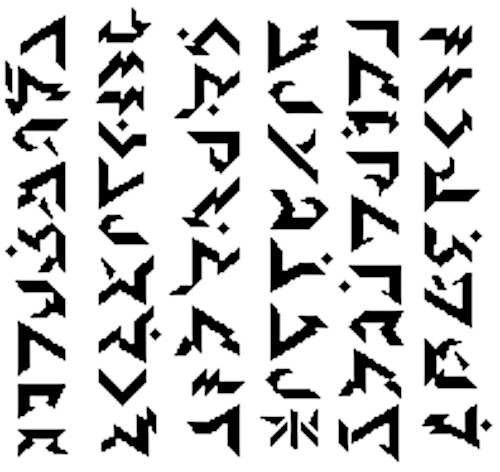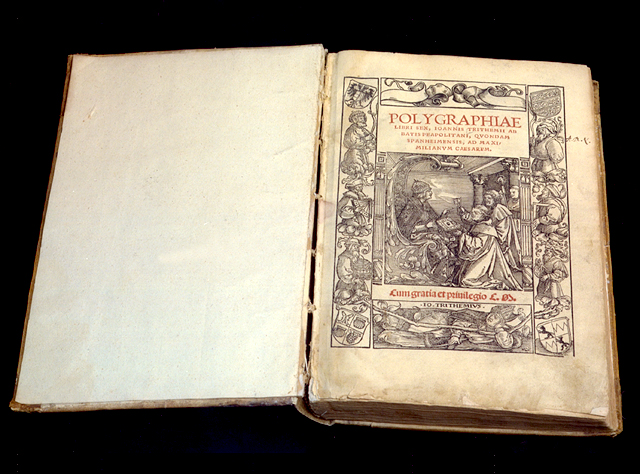On June 17, 1794, Charles-Henri Sanson, high executioner of the First French Republic, guillotined more than 50 “conspirators” in 28 minutes, including an 18-year-old girl who seemed so fragile that “a tiger would have pitied her.” That night he wrote in his diary:
Terrible day. The guillotine devoured 54. My strength went, my heart failed me. That evening, sitting down to dinner, I told my wife that I could see spots of blood on my napkin. … I don’t lay claim to any sensibility I don’t possess: I have seen too often and too close up the sufferings and death of my fellow human beings to be easily affected. If what I feel is not pity it must be caused by an attack of nerves; perhaps it is the hand of God punishing my cowardly pliancy to what so little resembles that justice which I was born to serve.
(Quoted in Frances Larson, Severed, 2014.)


